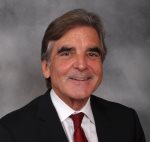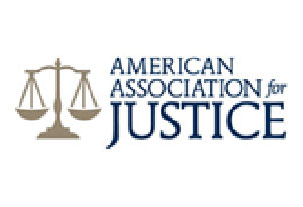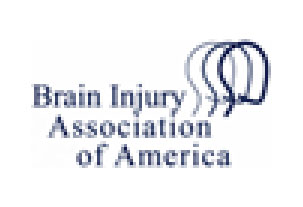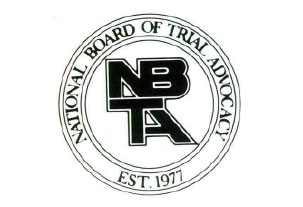According to Health Imaging, an infant born prematurely with a brain injury viewable on a neonatal ultrasound may be at higher risk for developing various psychiatric disorders, depression and attention deficit hyperactivity disorder. A study published in the Archives of General Psychiatry found that preterm infants face higher risks of brain injury due to increased vascular and cellular vulnerabilities of the laminar and fetal brain. The researchers studied associations between perinatal brain injury and motor and cognitive deficits.
The study followed 1.105 preterm participants who underwent multiple neonatal ultrasounds. The low-birth-weight participants were also followed as part of the Neonatal Brain Hemorrhage Study, with follow-up lasting 16 years and including 458 eligible participants who were evaluated according to the Diagnostic Interview Schedule for children-IV. The DISC-IVP found that many participants showed a threshold of greater than 3 percent within oppositional defiant disorder, specific phobias, ADHD and social phobias. Relative to brain injuries viewed on ultrasound, participants showed increased risks for major depression, obsessive compulsive disorder and an increased risks for current ADHD-inattentive type and tic disorders. The researchers concluded that the study found strong evidence that injury to the fetal-neonatal brain alerts risk for later psychiatric disorder, said Agnes H. Whitaker, MD, co-author of the study.
Cappolino Dodd Krebs LLP. – birth trauma lawyers














One Response to Brain Injury In Infants May Increase Risk of Psychiatric Disorders